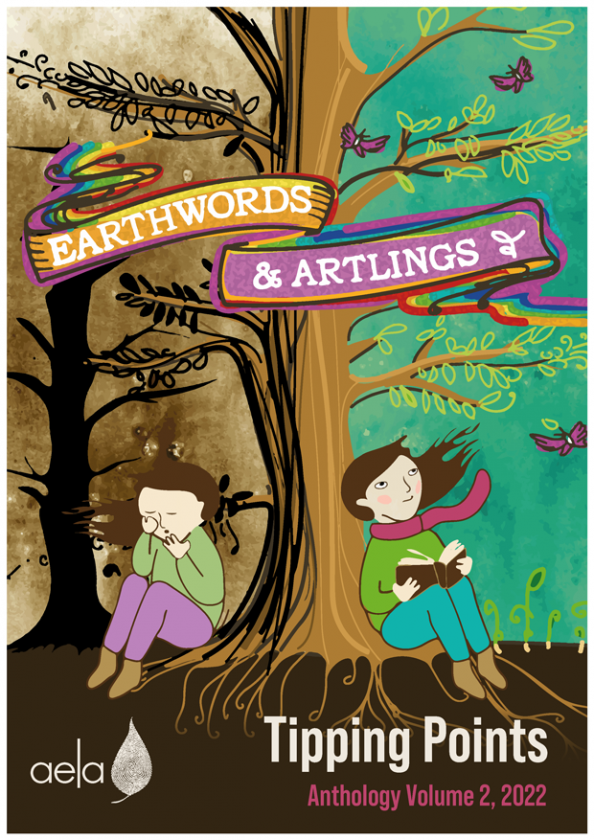In 2020, the Australian Earth Laws Alliance (AELA) will be co-hosting a range of arts activities and events under the theme of “Voices of Nature”. This theme will encourage the exploration of the concepts of ‘voice’, ‘standing’, ‘representation’, and ‘agency’ of the natural world within human governance systems. The theme also promotes AELA’s desire to focus on sound art and acoustic ecology as key mediums for communicating and exploring nature’s voice(s).
Voices of Nature 2020 Themes
All Voices of Nature 2020 works and events need to incorporate one or more of the following inter-connected themes:
Reveal, reflect and critique the current flawed paradigm of western law, which: |
Imagine and create the paradigm we are proposing – Earth laws and rights of nature: |
| Privileges humans over other forms of life | Humans are one part of nature – interconnected, interdependent with the Earth Community |
| Has created governance systems that do not reflect how the natural world works | Human governance systems respect bio-regional health and live within ecological limits |
| Is built on the idea that humans ‘own’ nature – nature is property, objectified, commodified (bought and sold), caged, fenced, destroyed | Non-human agency is vital, the non-human world belongs to no-one; vibrant biodiversity is critical to life on earth |
| Does not allow for the voices of nature to be heard in human societies – the legal system does not acknowledge the rights of nature | The voices of nature are heard in all aspects of human life and are taken into account (and play a critical part) in decision making processes across society, including: political, economic, business/corporate, community and household decisions |
| Gives ‘rights’ to humans and human created fictions – corporations, ships. While plants, animals, ecosystems have no rights, are often invisible in the eyes of the law | All life and life supporting systems on Earth have “a right to exist, thrive and evolve” |
| Privileges western legal, scientific and evidentiary frameworks of knowledge | Respects indigenous knowledge, human ‘lived’ experience, emotional and spiritual connections |
| Legalises the destruction of vital ecosystems and life support systems | Holds all life sacred and balances reasonable human needs with the rights of the natural world to exist and evolve; would never prize human wants over ecosystem destruction |
For more information about the Rights of Nature, see our Rights of Nature page.
